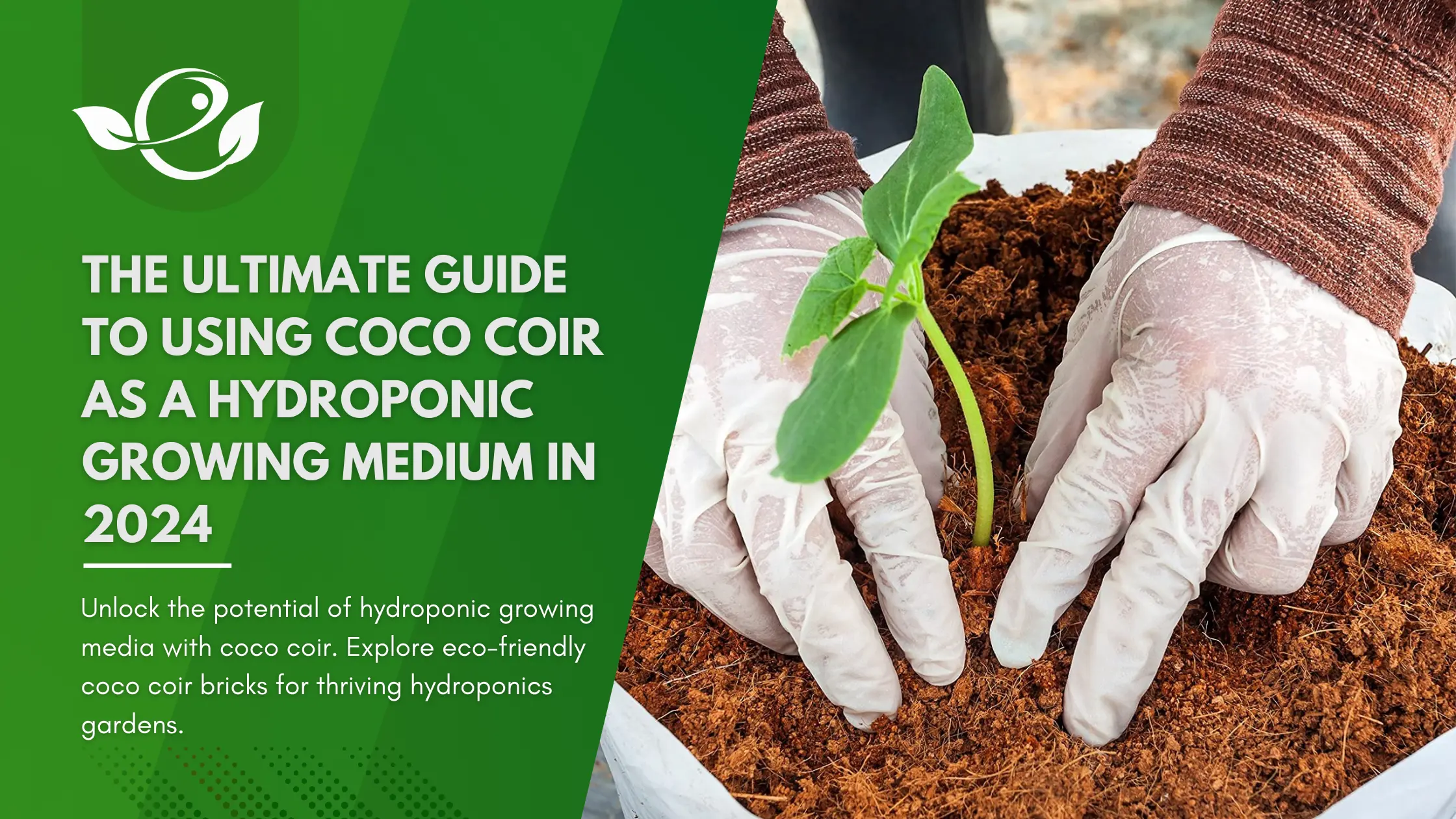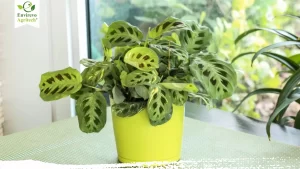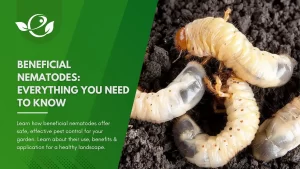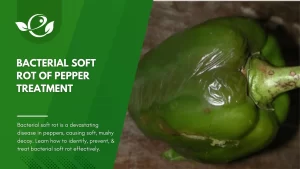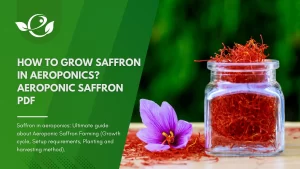Table of Contents
Hydroponics, the practice of growing plants without soil, has gained immense popularity in recent years due to its efficiency and sustainability. And when it comes to hydroponic growing mediums, coco coir has established itself as the go-to choice for achieving exceptional results.
Coco coir, derived from the fibrous husks of coconuts, offers a plethora of benefits that make it an ideal medium for hydroponic gardening. From its excellent moisture retention capabilities to its natural resistance to pests and diseases, coco coir boasts qualities that promote healthy plant growth and simplify the cultivation process.
In this article, we will explore the advantages and uses of this hydroponic growing medium. Discover why this sustainable alternative to traditional soil-based gardening is making waves in the world of hydroponics.
What is Coco Coir?
Coco coir, also known as coconut fibre, is a versatile and sustainable natural material that has gained popularity as a hydroponic growing medium. It is made from the fibrous husk of coconuts, making it a renewable resource with a range of beneficial properties.
It is a byproduct of the coconut industry and is produced through a process of soaking the coconut husks in water to remove impurities and then grading and drying the fibres. This process results in a lightweight, fibrous material that is rich in organic matter and possesses excellent water retention capabilities.
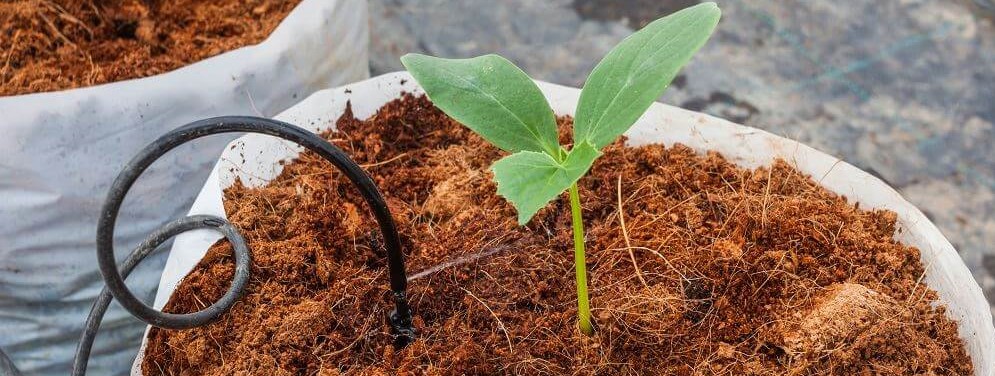
Coco coir’s ability to retain water while still providing adequate drainage is one of its key advantages as a hydroponic growing medium.
One of the reasons why coco coir is favoured by hydroponic enthusiasts is its exceptional ability to hold moisture, providing a consistent water supply to the plant roots. This is crucial in hydroponic systems where plants are not grown in soil and rely on the nutrient-rich water solution to thrive.
A. Composition of Coco Coir
Coco-coir is predominantly composed of cellulose, lignin, and hemicellulose, which are natural polymers found in plant cell walls. These components give coco coir its fibrous texture and contribute to its water retention capabilities.
In addition to these organic compounds, coco coir also contains essential plant nutrients such as potassium, phosphorus, and calcium, which can be gradually released to the plants as they grow.
B. Advantages of Coco Coir for Hydroponics
The unique properties of coco coir make it an ideal choice for hydroponic systems. Here are some of its key advantages:
- Excellent water retention: It retains moisture while maintaining good drainage, ensuring optimal hydration for plant roots.
- Natural resistance to pests and diseases: Coco coir is naturally resistant to common pests and diseases, reducing the need for chemical treatments.
- pH neutral: Coco-coir has a neutral pH level, providing a stable and balanced growing environment for plants.
- Excellent moisture retention
- Absorbs and releases nutrients gradually
- Promotes healthy root development
- Enhances nutrient absorption
- Provides a well-aerated root zone
- Supports vibrant and robust plant growth
C. Why Coco Coir is popular for Hydroponic Systems
In recent years, coco-coir has gained popularity among hydroponic growers due to its versatility and numerous benefits. It can be used as a standalone growing medium or blended with other materials such as perlite or vermiculite to create a customized mix.
Moreover, its ability to effectively retain water and provide excellent aeration makes it suitable for a wide range of hydroponic systems, including drip irrigation, flood and drain, and deep water culture. Whether you are a beginner or an experienced hydroponic gardener, Coco-Coir offers a sustainable, nutrient-rich, and reliable medium for your plants to thrive.
Advantages of Coco Coir Bricks
When it comes to hydroponic gardening, choosing the right growing medium is crucial for the success of your plants. Coco-coir bricks have gained immense popularity among hydroponic enthusiasts for their numerous advantages. Let’s take a closer look at why coco coir bricks are favored as a hydroponic growing medium.
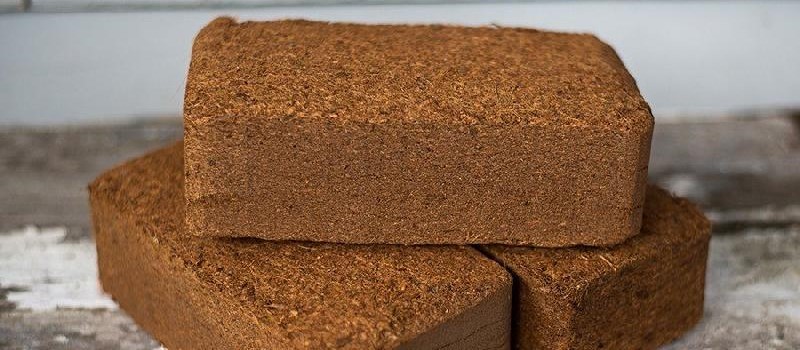
A. Excellent Water Retention Capabilities
Coco coir bricks are highly efficient at holding water, making them an ideal choice for hydroponic systems. The fibrous structure of coco coir enables it to retain moisture while still allowing for proper aeration and drainage. This means that your plants will have a consistent water supply and won’t suffer from overwatering or underwatering issues.
B. Natural Resistance to Pests and Diseases
One of the key advantages of using coco-coir bricks is their natural resistance to pests and diseases. Unlike traditional soil mediums, it is inhospitable to many harmful organisms, reducing the risk of infestations and the need for chemical pesticides. This not only promotes healthier plant growth but also contributes to a more environmentally friendly approach to gardening.
Using coco-coir bricks as a hydroponic growing medium provides a clean and sterile environment for your plants, minimizing the chances of diseases and pests affecting your garden. This promotes long-term plant health and reduces the need for harmful chemicals.
Furthermore, it is known to naturally contain beneficial microorganisms that aid in the breakdown of nutrients, enhancing nutrient availability and absorption for your plants.
C. Sustainable and Eco-Friendly
This hydroponic growing media is derived from the fibrous husk of coconuts, making it a renewable and sustainable resource. Choosing coco-coir as your hydroponic growing medium not only promotes sustainable gardening practices but also reduces waste by utilizing a byproduct that would otherwise be discarded.
In addition to being a sustainable choice, it also has a low carbon footprint compared to other growing mediums. Its production requires fewer resources and energy, making it an eco-friendly option for conscientious hydroponic growers.
Overall, the advantages of using coco-coir bricks as a hydroponic growing medium are evident. Their excellent water retention capabilities, natural resistance to pests and diseases, and sustainability make them a top choice for hydroponic enthusiasts looking to optimize plant health and yield.
Coco Coir for Hydroponics
When it comes to hydroponics, choosing the right growing medium is crucial for the success of your plants. One popular and effective option is coco-coir, a versatile material that offers numerous benefits for hydroponic systems.
Coco-coir is derived from the fibrous husk of coconuts and has become increasingly popular among hydroponic enthusiasts due to its unique properties. This organic and sustainable growing medium provides an ideal environment for plant growth, offering a range of essential benefits.
A. Preparation and Use of Coco-Coir
Before using coco coir in your hydroponic system, it is important to properly prepare it to ensure optimal results. Start by rehydrating the coco-coir brick or block in water until it expands and becomes fluffy. Once hydrated, rinse the coco coir thoroughly to remove any excess salts.
Next, place the prepared coco coir in your hydroponic container or growing trays. It can be used either as a standalone growing medium or mixed with other materials such as perlite or vermiculite to enhance its properties.
B. The Role of Coco Coir in Hydroponics
It serves multiple purposes in hydroponic systems. Firstly, it provides excellent moisture retention, ensuring that your plants have a constant supply of water. This property helps maintain the ideal moisture levels for plant growth, promoting healthy root development. In addition to its water retention capabilities, coco-coir acts as a sponge, holding onto essential nutrients and gradually releasing them to the plants as needed. This allows for better nutrient absorption, reducing the risk of overfeeding or nutrient deficiencies.
It also creates a well-aerated root zone, allowing for ample oxygen flow to the roots. This promotes strong root systems and enhances nutrient uptake, resulting in vibrant and robust plants.
Sustainability of Coco Coir
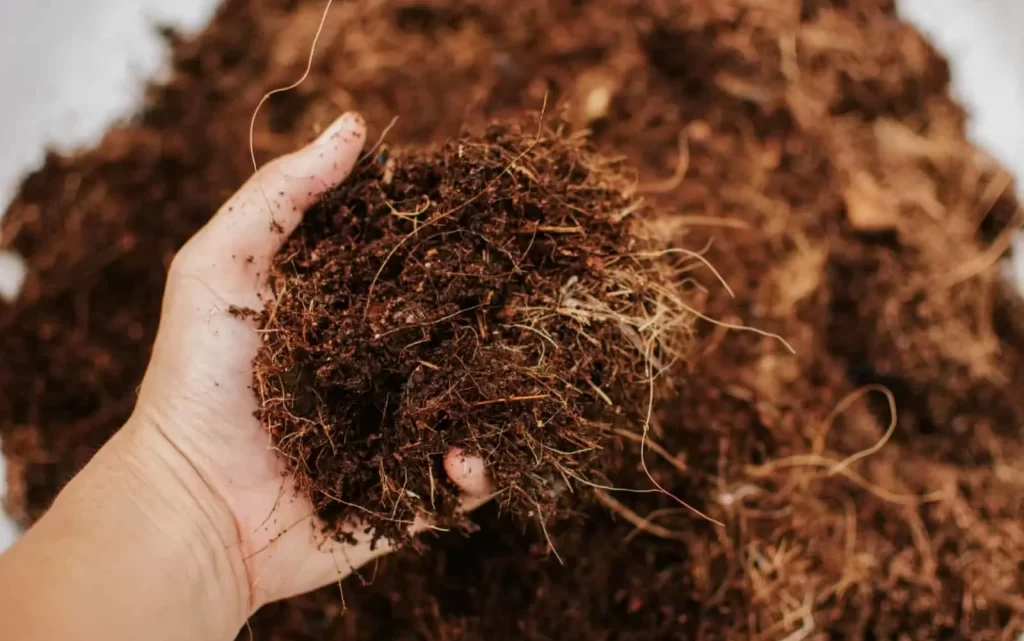
In the realm of hydroponic gardening, sustainability is a key consideration for growers. Coco-coir, as a hydroponic growing medium, offers numerous environmental benefits that make it an ideal choice for those who prioritize eco-friendliness. One of the significant advantages of coco-coir is its renewable nature. It is made from the fibres found in coconut husks, a byproduct of the coconut industry. By utilizing this waste material, coco-coir reduces the burden on landfills and promotes a circular economy.
Furthermore, It is a natural and biodegradable option, making it a preferred alternative to synthetic materials commonly used in hydroponic systems. Unlike non-biodegradable alternatives, coco coir breaks down over time, returning valuable nutrients to the soil and minimizing waste.
“Coco-coir is an environmentally friendly choice that supports a greener approach to hydroponic gardening.” – Organic Gardening Magazine
In addition to its sustainable qualities, Coco-Coir also excels in water conservation. This hydroponic growing medium has excellent water retention capabilities, reducing the frequency of irrigation required. By retaining moisture, it helps conserve water resources and minimizes the environmental impact associated with excessive water consumption. When it comes to pest and disease management, coco-coir offers a natural defence mechanism. Unlike some traditional growing mediums, it has inherent properties that deter pests and suppress the growth of harmful microorganisms. This reduces the need for chemical pesticides and contributes to a healthier, more sustainable growing environment.
Overall, the use of coco-coir in hydroponics aligns with the principles of sustainability and environmental responsibility. Its renewable source, biodegradability, water conservation capabilities, and natural pest resistance make it an ideal choice for eco-conscious growers.
Conclusion
In conclusion, coco-coir proves to be the ultimate hydroponic growing medium. Its sustainable nature makes it an eco-friendly choice for growers who want to reduce their environmental footprint while achieving optimal plant growth. Coco coir’s ability to retain water ensures that plants receive consistent hydration, promoting healthier root systems and improved nutrient uptake.
Furthermore, coco coir’s natural resistance to pests and diseases minimizes the need for harmful chemical pesticides, providing a safer and more organic growing environment. Whether you’re a seasoned hydroponic enthusiast or just starting your journey, incorporating coco-coir into your hydroponic system is a smart move.
Unlock the full potential of your hydroponic garden by harnessing the power of coco-coir. Experience its benefits firsthand and witness the remarkable growth and yields it can provide. Say goodbye to traditional soil-based methods and embrace the future of hydroponics with coco-coir as your go-to growing medium.
FAQ
What is coco-coir?
Coco-coir is a natural fibre extracted from the husk of coconuts. It is widely used as an organic alternative to traditional peat moss in hydroponic gardening.
Why is coco-coir a popular choice for hydroponic systems?
Coco-coir has excellent water retention properties, allowing plants to stay hydrated for longer periods of time. It also provides good aeration for healthy root development and is naturally resistant to pests and diseases.
How are coco-coir bricks used as a hydroponic growing medium?
Coco-coir bricks should be soaked in water to expand and loosen the fibers. Once hydrated, the bricks can be broken apart and mixed with other growing media or used alone. They provide a stable and nutrient-rich environment for hydroponic plant growth.
Can coco-coir be reused?
Yes, it can be reused in hydroponic systems. After harvest, the coco coir should be rinsed and sterilized to remove any remaining roots or debris. It can then be rehydrated and used again, making it a sustainable choice for eco-conscious growers.
How does coco-coir promote sustainability in hydroponics?
It is a renewable resource that helps reduce waste as it is a byproduct of the coconut industry. By using coco coir as a hydroponic growing medium, gardeners can reduce their reliance on peat moss, which is typically harvested from fragile ecosystems.
Can coco-coir be used with other hydroponic systems, such as drip irrigation or nutrient film technique?
Yes, it can be used in various hydroponic systems, including drip irrigation and nutrient film techniques. Its ability to retain moisture and provide a balanced nutrient environment makes it suitable for a wide range of hydroponic applications.
